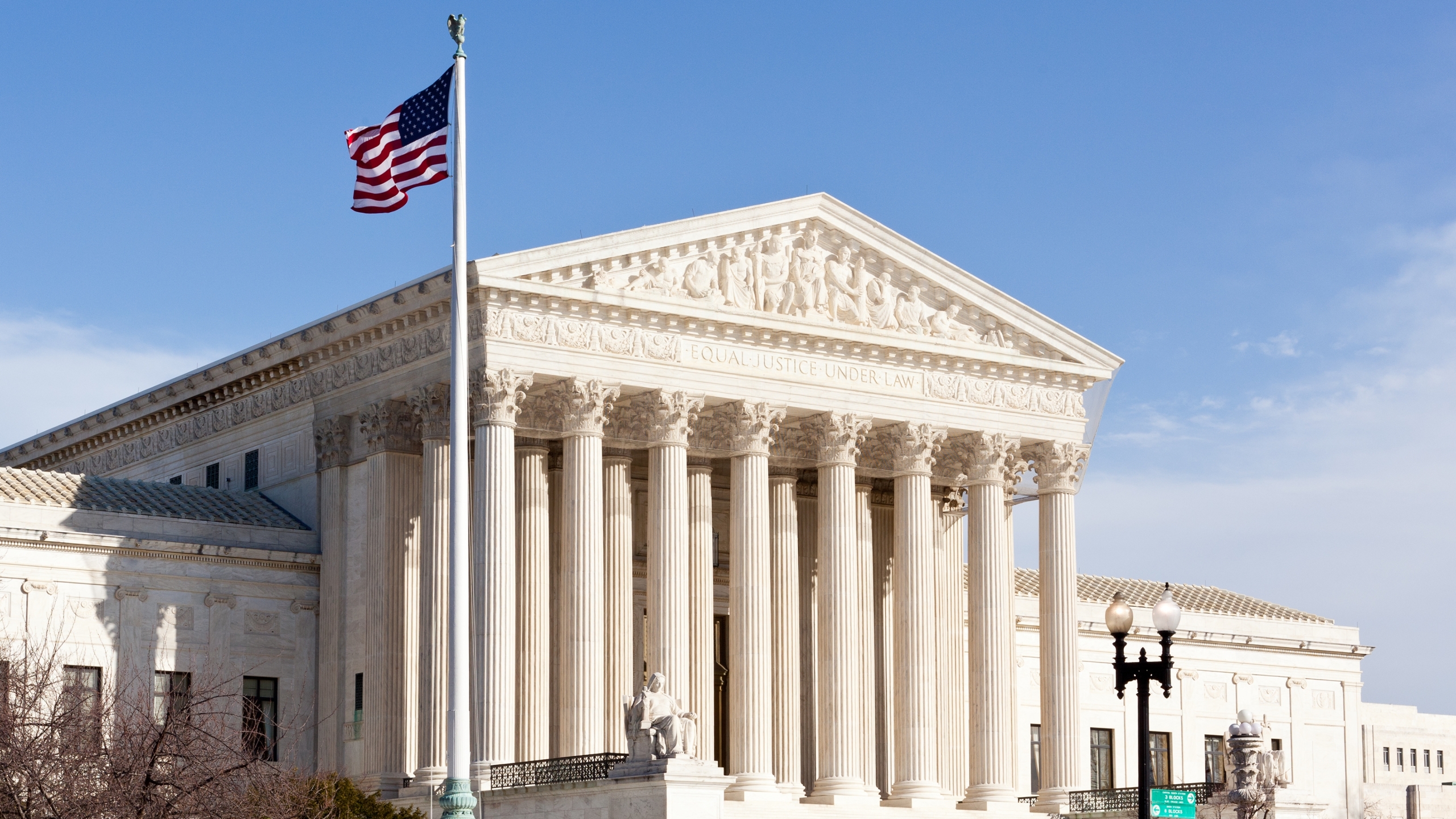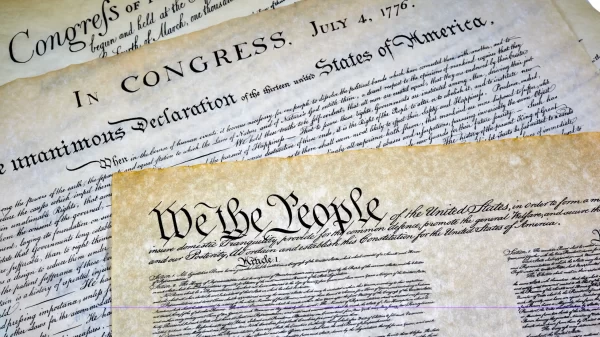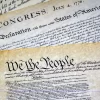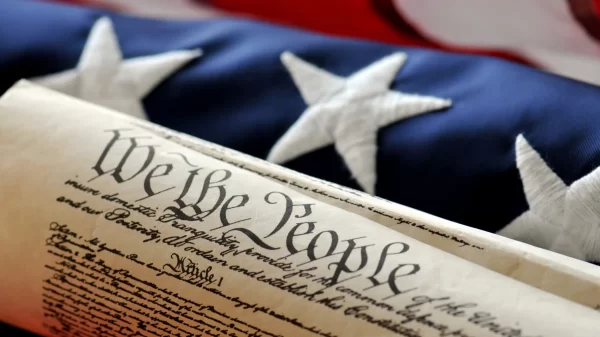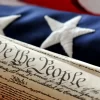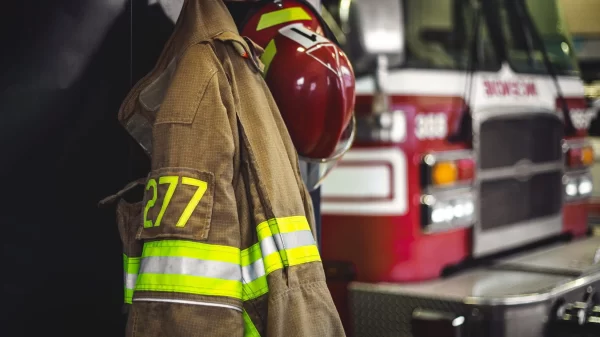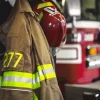The United States Supreme Court on Friday voted in favor of a suit brought by California’s Catholic bishops and agreed to lift California’s ban on religious services.
California Gov. Gavin Newsom had imposed a strict ban on religious worship services on areas of the state his administration designated as Tier I. California’s restrictions prevented any indoor religious services in those places in the state. Over 90 percent of Californians live in the Tier 1 zone by some estimates.
The court split 6 to 3, though even the majority was divided in its ruling.
Justices Clarence Thomas and Neil Gorsuch voted to lift the bans on singing and chanting as well. Justice Samuel Alito agreed with their reasoning but wanted to give California 30 more days to make a case for its restrictions. Justices Amy Coney Barrett, John Roberts and Brett Kavanaugh voted to overturn the limits on indoor church services, but not on indoor church singing. Justices Elena Kagan, Sonia Sotomayor and Stephen Breyer voted to leave the California restrictions in place.
Gorsuch wrote a “statement,” joined by Thomas and Alito, that any restrictions on First Amendment rights of free exercise of religion are subject to judicial “strict scrutiny.”
“We’re pleased to see that the Supreme Court is stepping in and allowing churches to meet,” said Matt Clark, an attorney for the Montgomery-based Foundation for Moral Law. “We think the Court should have gone further and granted the application in full. It is possible that the Court wanted to make only a narrow decision for now, but we may see it do more to protect churches at the next stage of that litigation.”
California defended its unique categorization of places of worship on four grounds: that religious worship mixes large groups of otherwise unrelated people, it often places those people in close physical proximity, often for long periods of time, and that that behavior coupled with singing or chanting makes worship services uniquely dangerous events for the spread of the coronavirus.
Gorsuch rejected those arguments and pointed out that under Tier I restrictions, crowds in churches are banned, but the ban does not apply to transportation hubs like train stations or long store checkout lines that also mix crowds of unrelated people together for extended periods. Gorsuch argued that the ban makes no sense when churches were also banned for activities likely not to draw crowds, such as individual visits to pray or to go to confession.
Gorsuch pointed out that the Tier I restriction do not impose time limits or monitoring requirements on how long people can remain in malls, bus stations or at the barbershop.
Kagan and the other two dissenters wrote that unelected judges should not prevent California’s elected leaders from fighting COVID-19 as they think appropriate.
Gorsuch wrote: “As this crisis enters its second year — and hovers over a second Lent, a second Passover, and a second Ramadan — it is too late for the State to defend its measures with claims of temporary exigency, if it ever could. Drafting narrowly tailored regulations can be difficult. But if Hollywood may host a studio audience or film a singing competition while not a single soul may enter California’s churches, synagogues, and mosques, something has gone seriously awry.”
The court had already struck down restrictions on religious gatherings in New York, but the lower courts did not enforce that ruling in the California case. Gorsuch, joined by Thomas and Alito, wrote: “Today’s order should have been needless; the lower courts in these cases should have followed the extensive guidance this Court already gave.”
Liberty Counsel founder and Chairman Mat Staver said: “Finally, Governor Gavin Newsom’s total ban on worship has come to an end. A pandemic is no excuse for violating the Constitution. Until today, California imposed the most severe restrictions on places of worship. Not anymore. We will continue to press this case until religious freedom is totally restored.”




































